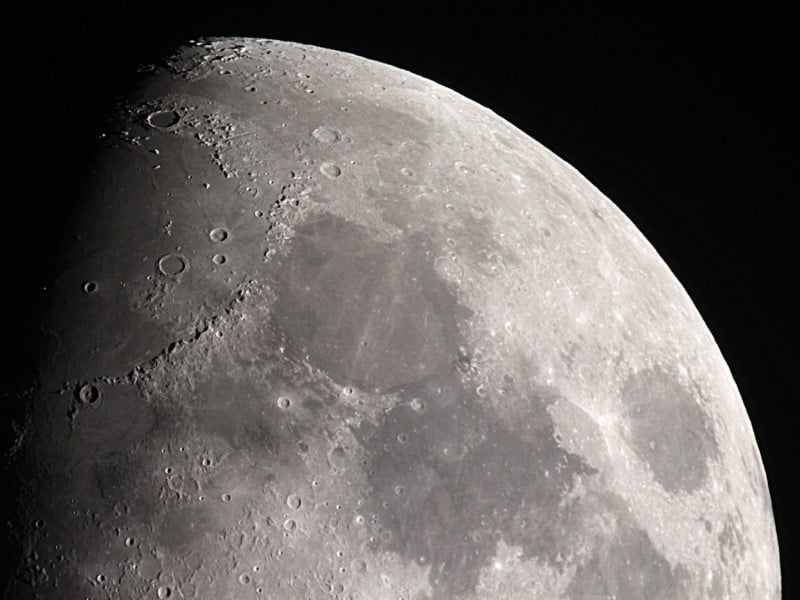More local innovators could be contributing to a global plan to land a human on Mars, with the national space agency on Monday issuing a call out for information on “niche Australian technology capabilities”.
Industry and academia have been asked to nominate their capabilities in areas like robotics, quantum sensing and edge computing to the Australian Space Agency (ASA), which will map the capabilities for potential input to several global space programs.
The ASA is coordinating Australia’s role in the US-led Moon to Mars initiative, which is targeting sustainable exploration on the Moon and mankind’s first ever steps on the Red Planet.

Two Australian consortiums are already working on versions of an Australian-made rover, or ‘Roo-ver’, to collect lunar soil and deliver it to a NASA payload, under the Trailblazer aspect of Australia’s $150 million Moon to Mars initiative.
Around $40 million in grants were also awarded last year to Moon to Mars demonstrator projects to prove out local space tech like lunar seismic stations and landing sensors.
ASA’s expression of interest call out on Monday also flags potential contributions to the Moon to Mars Architecture – the elements needed for long-term, human-led scientific discovery in deep space – as well as the wider Artemis program and several other international space exploration and robotics programs.
The ASA is asking for input from organisations working in areas like but not limited to mining equipment, technology and services (METS), robotics, artificial intelligence, quantum sensing, automation, edge computing and remote operations.
Organisations are asked to disclose their technology readiness level, if they have achieved “flight heritage” – proof the technology works in space – and their current involvement in space projects.
The information will be used by the ASA to map Australian industry, academia and research capability and identify future opportunities and collaborations.
Space industry development has become a contentious issue under the Albanese government, which insists it supports the local sector but has cut several grant programs and cancelled a billion-dollar satellite mission.
Promising Queensland startup Gilmour Space Technologies is currently finalising construction and assembly of launch site infrastructure ahead of the maiden launch of its first rocket early this year.
Do you know more? Contact James Riley via Email.

